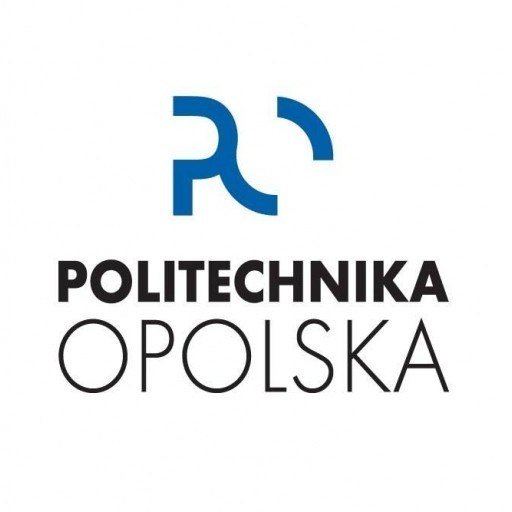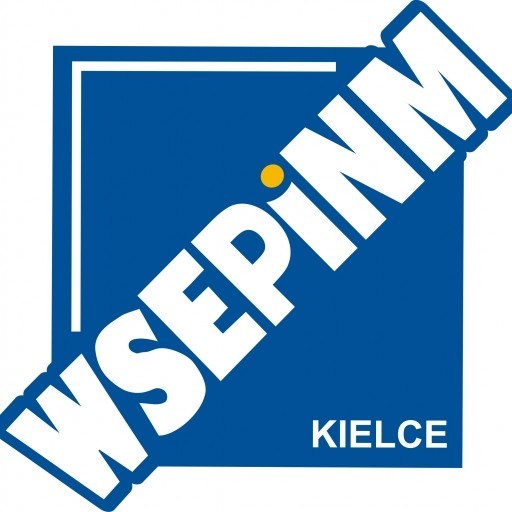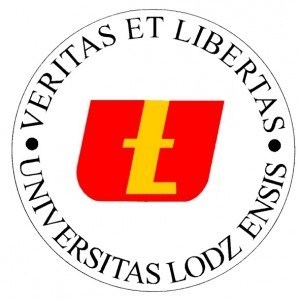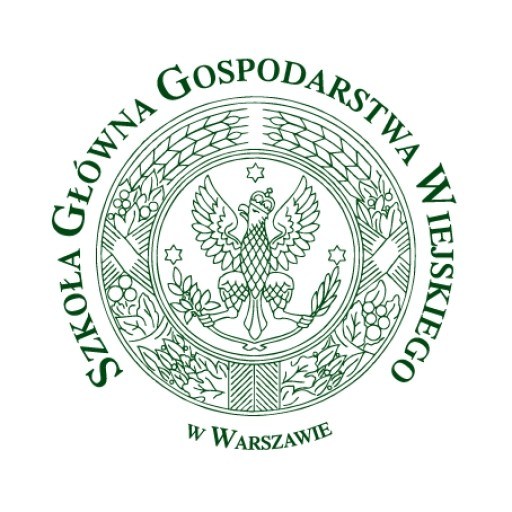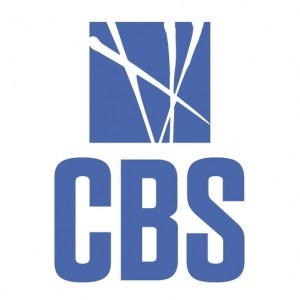Photos of university / #politechnika_opolska
Economics at Opole University of Technology is a comprehensive and dynamic program designed to prepare students for the diverse challenges of the modern economic landscape. The curriculum combines theoretical foundations with practical applications, ensuring graduates are well-equipped with the knowledge and skills necessary to analyze economic phenomena, make informed decisions, and contribute effectively to various sectors of the economy. Throughout the course of study, students gain a solid understanding of microeconomics, macroeconomics, financial systems, and economic policy, complemented by training in quantitative methods, data analysis, and programming skills relevant to economic research and business analysis.
Our program emphasizes the importance of critical thinking, problem-solving abilities, and ethical considerations in economic decision-making. Students have the opportunity to explore specialized fields such as international economics, development economics, and regional economic development, tailoring their education to their interests and career aspirations. The program also offers practical training through internships, case studies, and collaboration with local businesses and government agencies, fostering the transition from academic learning into real-world application.
Dedicated faculty members with extensive research and industry experience support students throughout their studies, encouraging innovative thinking and academic excellence. In addition, advanced laboratories and resource centers provide students with access to current economic data, statistical software, and research tools. Graduates of the Economics program are prepared for employment in various roles such as economic analyst, consultant, financial advisor, or policy maker, both within Poland and internationally. Alternatively, the program offers a strong foundation for those wishing to pursue further studies or academic careers in economics or related fields. Overall, Economics at Opole University of Technology offers a rigorous, relevant, and versatile education designed to meet the needs of the evolving economic environment.
Economics at Opole University of Technology offers a comprehensive and rigorous program designed to equip students with a strong foundation in economic theory, quantitative analysis, and practical skills necessary for understanding and solving complex economic issues. The curriculum combines core courses in microeconomics, macroeconomics, and econometrics with specialized subjects such as financial markets, business economics, international trade, and development economics. Students gain a thorough understanding of economic principles, learn to analyze data, and develop critical thinking abilities to evaluate economic policies and business strategies.
The program emphasizes practical application through case studies, project work, and internships, providing students with real-world experience in various economic sectors. Students will also have opportunities to enhance their analytical skills using modern computer software tools relevant to economic research and data analysis. The coursework aims to prepare graduates for careers in finance, consulting, government, and international organizations, as well as for further academic pursuits.
Throughout the program, students engage in lectures, seminars, and workshops led by experienced professors and industry experts. The program fosters interdisciplinary learning by integrating aspects of business, management, and law where appropriate. Graduates will have strong communication skills and a solid understanding of global economic trends, enabling them to adapt to the fast-changing economic environment.
Opole University of Technology also encourages participation in research projects and academic exchanges to broaden students’ perspectives and networks. Upon completing the program, graduates receive a Bachelor's degree in Economics, opening pathways to various employment opportunities or further specialization in Master’s programs. The curriculum is regularly updated to reflect the latest developments in economic theory and practice, ensuring that students are well-prepared to meet the challenges of the modern economy.
Program requirements for the Bachelor’s Degree in Economics at Opole University of Technology include a combination of prerequisites, coursework, practical training, and a final assessment. Applicants are generally expected to have completed a secondary education with a focus on mathematics, economics, or related fields to ensure they possess the necessary foundational knowledge. Prospective students must submit their application forms along with relevant academic transcripts, proof of English language proficiency (if applicable), and other required documentation as specified by the admissions office.
Once admitted, students must complete a structured curriculum comprising core courses such as microeconomics, macroeconomics, quantitative methods, statistics, and financial accounting. These foundational courses are designed to equip students with a strong understanding of economic theories and analytical skills. Elective courses allow students to specialize in areas such as international economics, econometrics, public finance, or business management, depending on their interests and career goals. The program emphasizes the development of practical skills through participation in seminars, workshops, and case study analyses, which prepare students for real-world economic problem-solving.
A mandatory internship component is integrated into the curriculum, requiring students to gain hands-on experience in economic institutions, business enterprises, or public organizations. This practical training enhances their understanding of market operations and economic policy application. To successfully complete the program, students must pass all coursework and examinations according to the established grading criteria.
In addition to coursework, students are required to undertake a final thesis (diploma project) that involves independent research on an economics-related topic, demonstrating their ability to synthesize knowledge and apply analytical techniques learned during the studies. The thesis is supervised by faculty members who assess the quality of research and presentation. Upon successful defense of the diploma project and fulfillment of all academic requirements, students are awarded a Bachelor of Economics degree. This qualification qualifies graduates for employment in various sectors including financial institutions, governmental agencies, consulting firms, and international organizations, or for further studies at the master’s level.
The financing of the Economics program at Opole University of Technology is primarily supported through a combination of tuition fees paid by students, governmental funding, and internal university resources. Tuition fees are established in accordance with national regulations and vary depending on whether students are nationals or internationals, as well as on the specific mode of study (full-time or part-time). Domestic students benefit from subsidized education, with costs falling under the regulations set by the Ministry of Science and Higher Education. International students usually pay higher fees, which are intended to cover the costs associated with their education, including access to university facilities, academic staff salaries, and student support services. The university also receives funding from government grants aimed at enhancing academic quality, research, and infrastructure development. These grants are awarded based on competitive procedures and project proposals, promoting the continual improvement of the academic environment and educational resources for Economics students. Additional financial support for students may include scholarships, which are awarded based on academic achievement, financial need, or specific criteria such as excellence in research or participation in extracurricular activities. The university collaborates with external bodies and industry partners to secure funding for research projects related to economics, which may indirectly benefit students through improved educational resources and opportunities. Opole University of Technology may also allocate internal funds generated from its operational activities to support program development, upgrade educational facilities, and invest in innovative teaching methods, ensuring that students receive a high-quality education that meets contemporary standards. Moreover, funding strategies are aligned with broader national policies aimed at increasing access to higher education and reducing socio-economic disparities among students. Overall, the financing structure of the Economics program at Opole University of Technology is designed to balance public funding, student contributions, and external grants to ensure the sustainability, quality, and accessibility of the program.
The Economics program at Opole University of Technology is designed to provide students with a comprehensive understanding of economic theories, principles, and practices relevant to both national and international markets. The curriculum encompasses a wide range of subjects, including microeconomics, macroeconomics, finance, accounting, management, and regional economics, ensuring graduates acquire a solid foundation for analyzing economic phenomena and making informed decisions. Students are also introduced to quantitative methods, econometrics, and data analysis techniques to enhance their analytical skills. The program emphasizes practical knowledge through case studies, internships, and project work, enabling students to connect theoretical concepts with real-world applications. The faculty consists of experienced academics and industry professionals committed to delivering high-quality education and fostering research initiatives. The program aims to prepare graduates for careers in various sectors such as finance, banking, consultancy, public administration, and international organizations, equipping them with both theoretical insights and practical skills. Additionally, the program may offer opportunities for international exchanges or cooperation with foreign universities to broaden students' perspectives and enhance their global outlook. The language of instruction is primarily Polish, but there may be courses or modules offered in English to support international students and improve language competencies in a professional context. Graduates of the program are expected to develop strong analytical, problem-solving, and communication skills, making them competitive candidates in the dynamic job market. The program also encourages lifelong learning and adaptability, critical qualities for success in the evolving field of economics.
